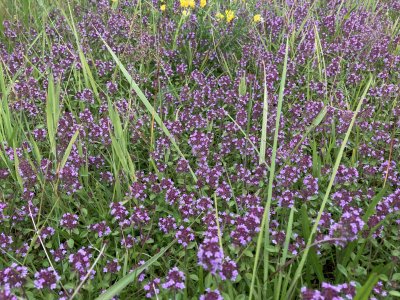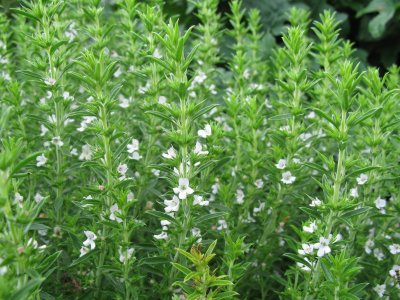AROMATHERAPY BOOKS AND COURSES
Education and training/
18.02.24
AROMATHERAPY BOOKS AND COURSES
Look at any course notes you had during your training. Do they contain any
references to justify claims like: "German chamomile is anti inflammatory",
"lavender is a relaxant", "tea tree kills bacteria". If you see no references to
scientific papers justifying such claims, then your course provider has not
bothered to spend time and money on investigating their therapy before
embarking on teaching the subject. Most of the course notes I provided were
fully referenced, but I have masses of course notes from many so called
'leading schools' that do not contain a single reference on such major issues as
safety and therapeutics.
Likewise with books-where are the references? are the references valid?
Are you given enough information to be able to go to a library, obtain original
research papers yourself, and check what you are told? In this respect, we
have had several books published where extensive references are given, but
when checked, we find the references have nothing to do with essential oils,
but are from research conducted on herbal extracts.
Now that people are running out of ideas on books just on aromatherapy, we
are beginning to see people 'inventing' new concepts attempting to unite the
use of essential oils with other more ancient therapies. Yet, when we look at
the authors what do we find - they have themselves trained on 'jack of all
trades, master of non' courses. Take for example Chinese herbal medicine; to
do the most basic training takes a minimum of two years of dedicated hard
study, plus clinical experience under the supervision of highly experienced
practitioners. Yet, people are writing on this subject, whose knowledge-base on
both Chinese traditional medicine as well as aromatherapy is appallingly
inadequate,
Many of your icons have built their reputation on a constant flow of
books, which are not much better than novels. Many course providers
have then constructed their courses around these books. The aromatherapy
organisations then base their examinations on them.
Again look at your course notes and see if in the bibliography you have a whole
string of aromatherapy books listed, rather than books published on essential
and fixed oils, plant chemistry, medicine, etc.
FINALLY:
People often said to me "well if you know so much, why don't you help these
organisations set better standards". The short answer is I refused to associate
myself with those I knew were con artists. All I could do was keep prodding at
these associations until I hoped they might purge the career con artists deeply
entrenched within them. Of course that has never happened mainly due to
members apathy. Instead I went my own way and offered a course that ran for
many years and was based on provable facts rather than trade fantasies.
Martin Watt
281
More posts


